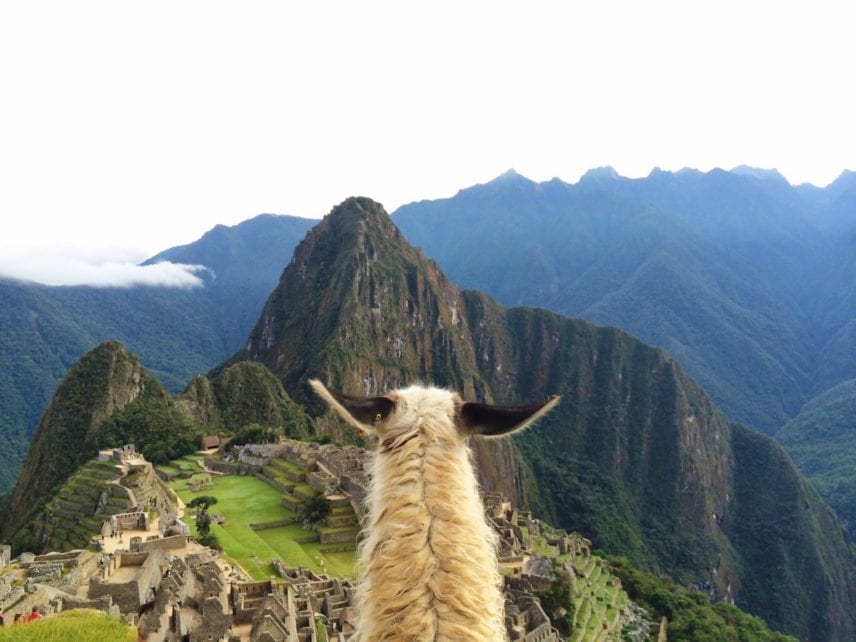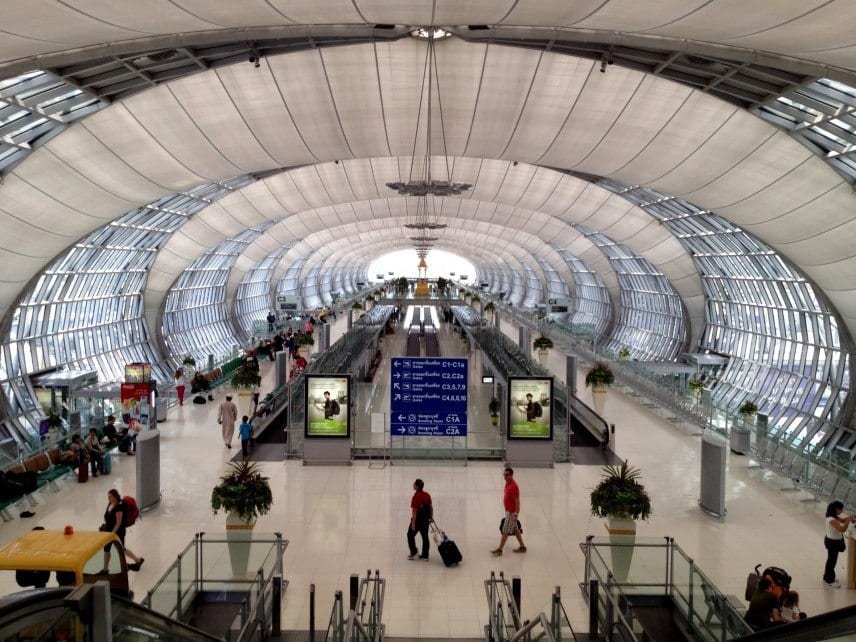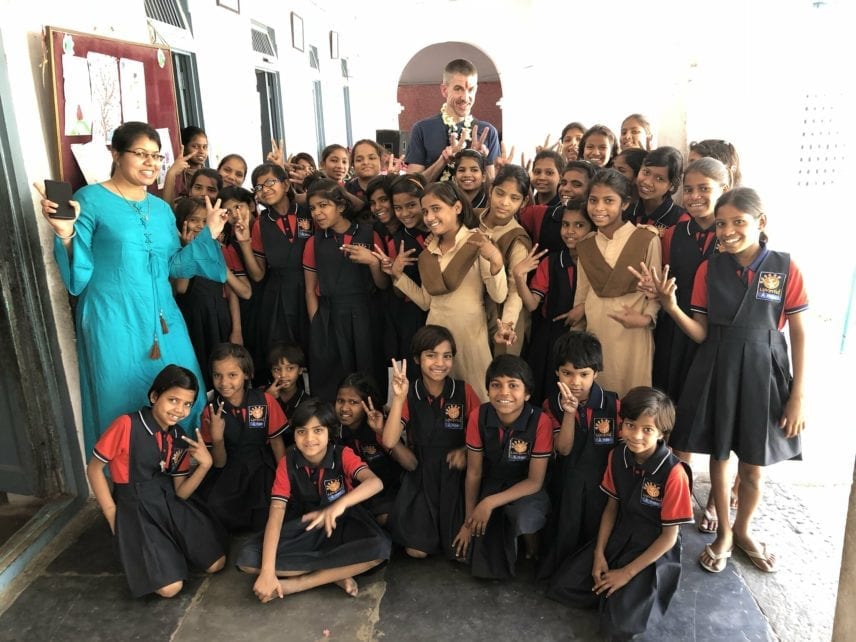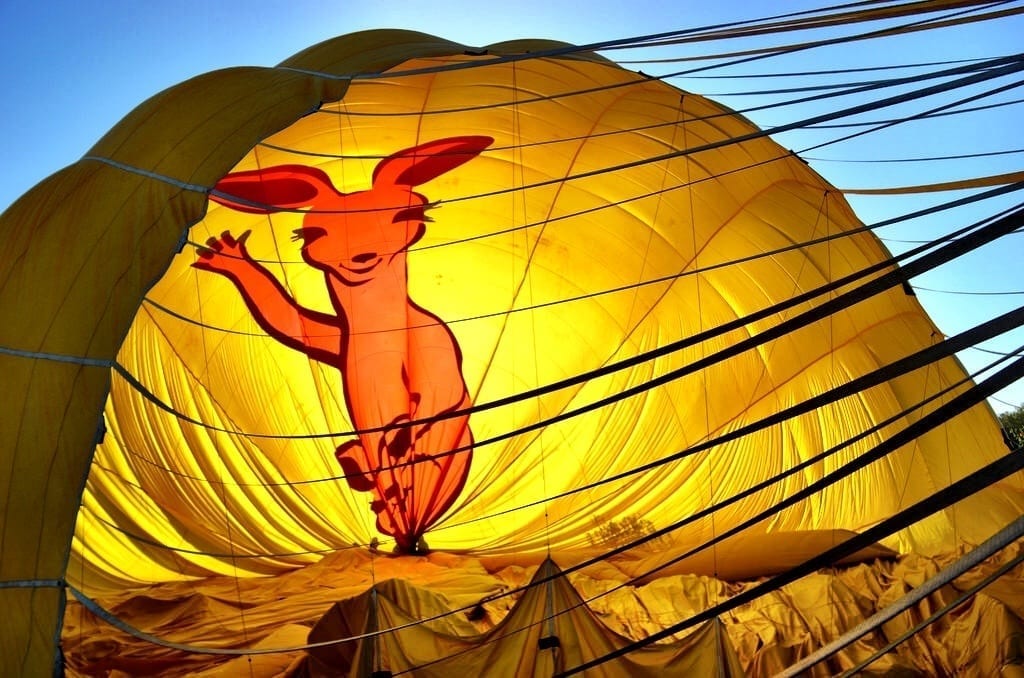
Travel is many things to many people. For some it’s a chance to decompress but for others it’s a type of 21st century pilgrimage to reconnect with their inner self. No matter where you fall on this spectrum, there is something all of us must do when we travel, and that’s to travel with a positive attitude. The term travel happy may seem trite to some, but there’s always power in simplicity and I think that’s true here. In a time when tensions run high and tempers flare, it’s more important than ever to remember the positive impact that travel has not only on the individual, but also on those they encounter along the way. This year I’m working with Allianz Travel Insurance to share my thoughts about travel, what makes me happy when I explore the world and why I even travel in the first place. This post is done in partnership with them and I’m excited for the opportunity to ponder even more deeply the vital importance of the travel experience.

Connecting
For what is an inherently positive experience, there seems to be a lot of fear associated with travel. Yes, it’s always important to be responsible and cautious but not to the point where it stops us from even traveling in the first place. It would be easy to share fears about terrorism and how one city is more dangerous than the other. But I firmly believe in so doing, we let fear win. Right now around the world millions are facing a decision and it all revolves around the concept of fear. Do we let our innate suspicions of “the other” take control or do we make the conscious decision to expect the best from other people? It’s somewhat amazing that in a day and age when we can see and learn about anything on the planet, very old feelings of fear and distrust persist, and yet they do. That’s because while we may be exposed to others, we’re not really connecting with them.
In a world where I can be on the other side of the planet in a matter of hours or FaceTime with someone in Outer Mongolia, how is it even possible that in recent decades we’ve become less emotionally interconnected instead of the reverse? That’s really the key of course, emotional interconnectivity, not just economic or political, but feeling connected with people from other places on very personal levels. Technology is in large part to blame for our loss of personal understanding. Watching other tourists travel the world, I see a group of people more interested in getting a dramatic looking selfie to put on Instagram instead of looking around them and actually understanding a new place. I see people tethered to phones when they eat or when they’re in a foreign bar, instead of looking around and striking up a conversation. I’m part of that group too, I’m most certainly to blame, but it’s this subtle shift in the way that we travel that is also in part to blame. We must do better and we must remember that travel is all about the connections we make, little else is important.

Travel as education
Travel is all about us because it changes us in one way or another. Most times travel is an educational, enlightening process, whether we intend it to be or not and whether or not we realize it. Travel snobs may tilt their nose at someone who just wants to go sit on a beach in Mexico for a week. But why? They’re getting as much out of the experience as someone trekking through the Andes gets, but in different ways. Both are experiencing trips that give them pleasure and even the beach bathing tourist will learn about the location and grow as a person, whether they realize it or even like it. They have no choice. No matter what we do, travel always changes us, always makes us better people and always has lessons to teach. The trick is to realize all this and to capitalize on it.

Power of people
The real power of travel is I think the sharing that happens between people. Whether we like it or not, we’re all citizen ambassadors when we leave the country but it’s not a one-sided relationship. Meeting new people, learning about their stories and lives, that is I think the most important part of the travel experience. Through them we begin to better understand their culture and country, most times erasing misconceptions and wrong impressions in the process. While there are certainly outliers, I’ve learned that people are genuinely great almost everywhere in the world and that there is so much more that unites us as humans than what divides us along political lines.
It’s when we fail to connect with other people, whether we travel across our own country or across the planet, that we suffer. It’s also the foundation on which poor understanding of Others is built. It didn’t matter as much 20 or 30 years ago when the outside world didn’t really affect us that much. When there weren’t mass shootings or terrorist acts on our soil, when refugees by the millions didn’t cross borders in search of safety. When individual countries are (mostly) left to their own devices, being as interculturally aware isn’t as necessary. Would it be nice? Sure, but it’s not a predicate for a well-functioning society. Now it is. When bad things happen, whether it’s a flailing economy or terrorism or something else entirely, we as humans have always blamed Others, and that certainly hasn’t changed in the 21st century. It’s such a basic emotion it may be at the heart of the human experience. But that doesn’t mean we have to accept it or stand idly by refusing to change those emotions. How we do that isn’t just by traveling, by experiencing other people, other languages and other cultures, it’s understanding them. There’s a big difference between those two concepts and understanding that difference is key.
Look around and you see a world in turmoil. The way to combat this nearly institutionalized fear isn’t by arguing or yelling, but through education. By taking someone we’re related to or know and sharing with them our life experiences and what we’ve learned from people in other countries. Unless we address the core underpinnings of where our fears are coming from, then nothing will improve. Unless we as a civilization understand that more connects us than separates us, then nothing will improve. Regardless of our own politics or stances, this is all of our collective fault. We have failed each other but luckily there’s still time to correct that mistake. To take our fellow citizens and not try to change their mind about any one thing, but to open it to a world that’s not nearly as small and scary as they may think.

Travel Happy
The core underpinning behind all of these points is traveling purposefully and with a positive attitude – to travel happy. It’s not just about being nice to strangers, but opening oneself up to the opportunities that are always present when we leave home. To travel fearfully or in a negative headspace is to miss these opportunities to truly experience the world and, in so doing, improve oneself. Travel is an evolution, it’s a way of changing on a very personal level but first you have to want to accept those changes and accept the world as it is and not as you would imagine.
